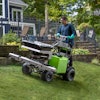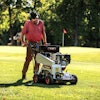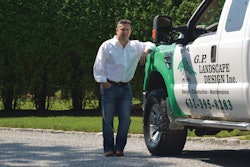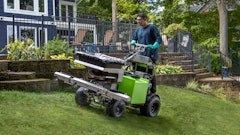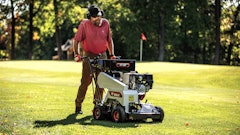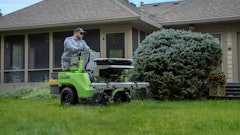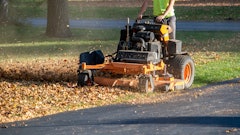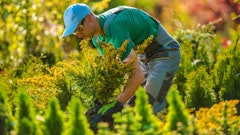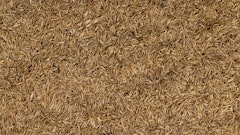Researchers at the Center for Turfgrass Science at the Rutgers New Jersey Agricultural Experiment Station have been looking to create grass breeds that are more environmentally friendly and resilient.
“Our goal is to be able to provide home lawns or athletic fields or golf course turf that require less input," says Stacy Bonos, an associate professor in the Department of Plant Biology and Pathology in the School of Environmental and Biological Sciences and a researcher on the team. "You want to be able to still have a green lawn to look at or to be able to play on that does not have those additional inputs.”
The team’s goal is to breed easy-to-care-for grasses that are immune to diseases and aesthetically appealing. Breeds that show disease immunity and drought tolerance are being bred with grasses that have other desirable traits. New breeds require less environmental “inputs” (nitrogen and water). The seeds of the newly developed grasses are in high-demand and are being sent to be mass-produced by see companies.
“I guess the difference is when I started 30 years ago, nitrogen was much more reasonably priced, [and] there was plenty of water,” says William Meyer, director of the Rutgers Turfgrass Breeding Project and a professor in the Department of Plant Biology and Pathology. “We certainly have grasses that are improved with their performance and their appearance with less input.”

